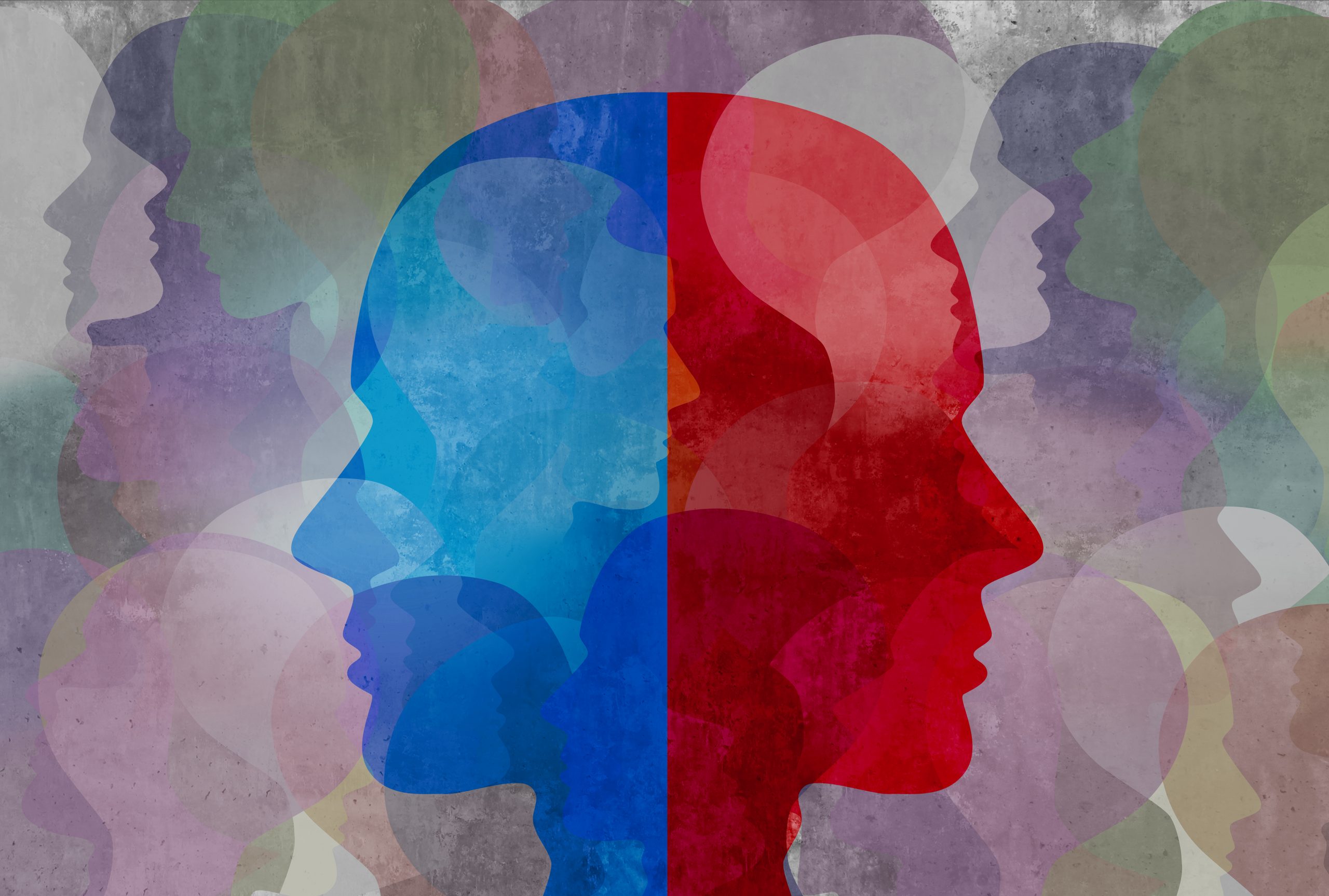Dealing with alcoholism or drug addiction is difficult enough, and this challenge compounds when the person also struggles with mental health issues. It’s a tragic Catch 22: When a mental health problem goes untreated, substance abuse often gets worse, and when alcohol or drug abuse increases, mental health problems usually increase, too. Nearly half of all people suffering from mental disorders have a dual diagnosis of substance abuse.
When Johns Hopkins Medicine began working with Bermuda Hospitals Board (BHB) in May 2019, we selected behavioral health and psychiatry as priority areas of focus for our collaboration. We recognized the importance of enhancing integrated, comprehensive mental health services for this increasingly vulnerable patient population.
Bermuda’s relatively isolated geographic location requires BHB to provide a range of clinical and counseling services that is far broader than would commonly be expected of a hospital serving a similar population.
BHB provides comprehensive mental and medical diagnostic, treatment and rehabilitation services to 65,000 Bermudians through its Mid-Atlantic Wellness Institute (MWI). MWI is an 89-bed specialist psychiatric hospital that offers outpatient care for adults, children and adolescents; an intellectual disability program; substance abuse treatment; as well as the only inpatient psychiatric care in Bermuda, among other services.
Last year, a team from Johns Hopkins’ Department of Psychiatry and Behavioral Health traveled to Bermuda to conduct informational interviews and site observations with their counterparts in BHB’s clinical and support services. BHB nurses and other allied health professionals expressed the need for additional educational opportunities to support the unique care provided at MWI, including training for treating patients with dual diagnoses and substance abuse disorders.
Earlier this year, Johns Hopkins experts conducted an initial assessment at BHB and presented a two-day, on-site educational workshop on treating addiction and psychiatric illness together effectively. They offered tailored training to about 25 of their colleagues from across BHB’s mental health facilities, including specialists in both psychiatric and substance abuse services.
Regardless whether a patient’s mental health or substance abuse problem came first, long-term recovery depends on getting treatment for both disorders by the same treatment provider or team.
Our experts ensured a mutual understanding between BHB participants by first presenting brief, but insightful overviews of substance abuse and psychiatric disorders — including the physical, behavioral, social and spiritual ramifications of both. Then they worked with the cohort to strategize ways to address the unique ways patients’ diagnoses manifest, as well as how those symptoms interact and impact their physical and psychological wellbeing.
They also presented a train-the-trainer module, in which select BHB participants learned how to share the evidence-based strategies presented at the workshop with their colleagues on the front lines of treating patients with dual diagnoses.
With this training, we wanted to share with our BHB colleagues some best practices for treating both diagnoses simultaneously, using an integrated approach that treats patients as the complete, complex people they are.
